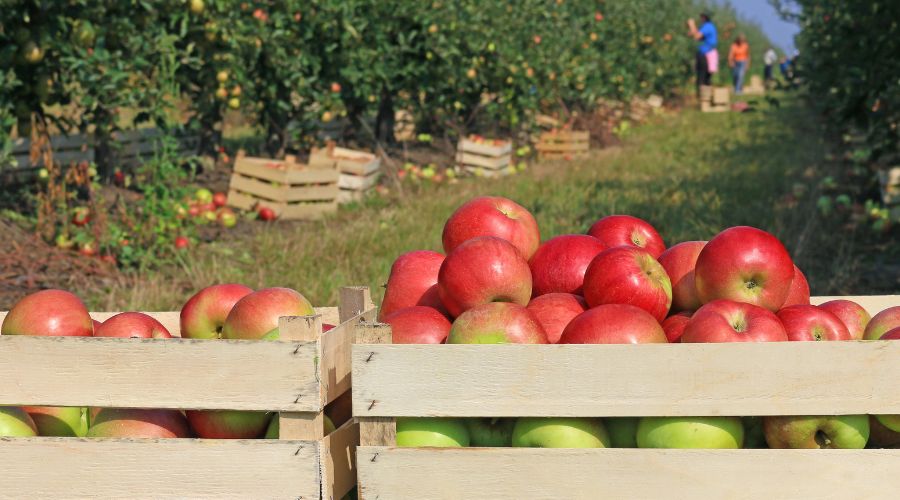‘Huge issue’: New auditing requirements can cost British berry growers £60m per year
22nd August 2024
Changes proposed from the Supplier Ethical Data Exchange (Sedex) to its audit regime SMETA 7.0 have faced big backlash from the British berry industry.

The proposed requirements could force growers to pay for the recruitment and transportation fees of the seasonal workers they employ in a so-called ‘employer pays principal’:
Nick Marston, chairman of British Berry Growers, said that according to several labour agencies that provide workers under the visa schemes, the new rules would cost the industry between £45 million and £60 million per year.
He added: “This extra cost for growers, which estimates between £1,500 and £2,000 per employee, includes UK visas as well as flights from the country of origin to the UK and back.
“Taking into consideration that around 30,000 seasonal workers come into the country to work in the berry sector each year, the new auditing requirements will cost the sector between £45 million and £60 million per year.”
‘Absolutely dependent’ on seasonal labour

Mr Marston added that the industry is “absolutely dependent” on seasonal labour from overseas, and the great majority of employees now come on the visa scheme.
“I’d say that even 99% of harvest staff on UK farms in our sector are here from overseas for a seasonal job.
“We have just conducted a survey of grower profitability, and the average industry EBITDA is 4.3% at the moment. If the costs of new requirements were borne by the growers, that would immediately go to between minus 3.5% and minus 6%, which would simply destroy the whole berry sector to stroke.
“We really think it should be called the ‘consumer pays principle’. There has to be a mechanism whereby that can be reflected in selling prices in the high street and thus a separate return to the growers to ring fence these costs because they are substantial and also they could increase in the future,” he continued.
Feasibility study
The chairman of British Berry Growers added that the proposed requirements have been brought in with no consultation with the industry larders nor growers themselves.
Mr Marston said: “What we need to understand now is how that would be paid to the people and how that cost will be recovered.
“The government and the BRC are currently running a feasibility study into the ‘employer pays principle’ for the seasonal workers, and they are looking at the practicalities and how that might work.
“The study is going to be published in the spring of 2025, so until it is published and we all have agreed on the way forward, the proposal should be withdrawn.”
Mr Marston also suggested that a “proper” governance structure should be set up for all ordinate and compliance schemes.
“Currently, there are numbers of them, and they tend to expand their remits over the years quite dramatically. They are both hugely costly and hugely time-consuming for growers.
“We don’t believe that individual compliance schemes should simply impose requirements on whole industries without consultation and without agreement.
“It’s a huge issue because it puts the whole sector into massive loss immediately, which means that more businesses would have to close down.
“A way forward has to be discussed and found, whatever that may be,” the chairman of British Berry Growers concluded.
Unfair for farm employer
British Apples and Pears predicts the risk of food inflation of around 4-5p or more per pack of apples if the changes are implemented.
Its spokesperson said: “Sedex has interpreted ILO guidelines to mean that employers must pay for the recruitment related travel and visas of workers they employ on their farms.
“This would not only apply to workers coming from overseas via the seasonal worker scheme, but also any UK-based workers as well.
“This is contrary to usual UK employment practice and raises serious practical concerns. For example, seasonal workers often work on several different farms – as the picking seasons progress. In that situation, who would pay the upfront visa and travel costs?
“It would be unfair for that to fall solely to the first farm employer. If the upfront costs are split between different employers, how is it to be administered and managed? And ultimately, how will these costs be funded by the supply chain?”
BAPL said that its members are “very concerned” that the proposed SMETA standard 7.0 has not been “properly thought through”.
“Before that proper impact assessment has been completed, there is no place for this new SMETA standard,” BAPL spokesperson said.
Read more fruit news.
